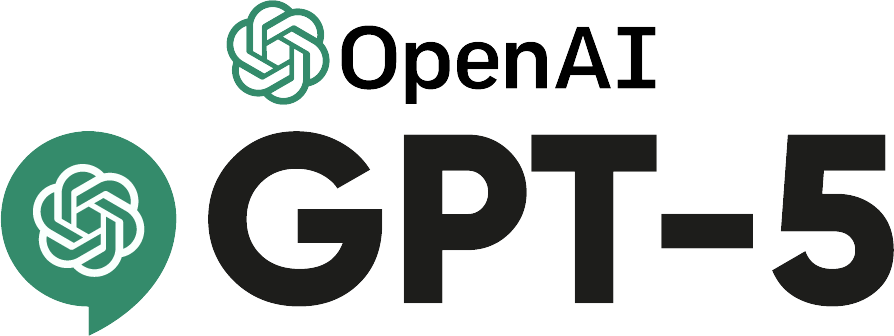OpenAI Teases Early GPT-5: Industry Anticipates Major Leap in AI Accuracy

OpenAI Previews GPT-5: The Next Wave of Generative AI
OpenAI has ignited fresh excitement across the tech industry by offering an early look at its upcoming language model, GPT-5. Promising a “significant leap forward” over its predecessor, GPT-4, the new AI model aims to dramatically reduce factual errors and expand reasoning capabilities, raising the stakes in the global artificial intelligence race[3].
Why GPT-5 Matters Now
The debut comes at a pivotal moment as businesses and researchers push for safer, smarter AI systems. ChatGPT's explosive growth—searches for the tool have surged 8,300% in just two years—highlights the outsized influence of OpenAI's models on work, creativity, and research[3]. But industry leaders argue existing systems too often make mistakes. CEO Sam Altman has emphasized that tackling these errors is central to GPT-5’s mission, previewing improvements in fact-checking, logic, and context understanding.
Key Advancements in GenAI for 2025
- Sharper Reasoning: GPT-5 will introduce enhanced logical reasoning, allowing it to solve more complex and specialized problems, mirroring trends seen in advanced AI agents from Microsoft and others[1][3].
- Reduced Hallucinations: Early demos for industry insiders show marked drops in AI-generated misinformation and confusion compared to GPT-4, though formal public benchmarks are awaited[3].
- OpenAI’s Rivals Accelerate: While OpenAI leads in public attention and Microsoft partnership (with a $13 billion investment), rivals are pressing forward. Google's Gemini model and Anthropic's Claude are backed by substantial funding from tech giants, providing healthy competition that is likely to accelerate progress across the sector[3].
- New Use Cases Emerge: Experts predict wider adoption across finance, law, software development, and healthcare as GPT-5 and its contenders become more accurate, trustworthy, and customizable[1][3].
Future Implications and Expert Perspectives
Analysts highlight that as generative AI models become smarter and safer, they will drive transformative changes in enterprise tools, decision automation, and day-to-day productivity. Ece Kamar, managing director at Microsoft’s AI Frontiers Lab, suggests that synergistic advances between model development and AI agents will enable users “to choose from or build models that meet their needs”—unlocking both innovation and customization at a scale previously impossible[1].
Still, rapid development comes with new responsibility. Global experts are calling for heightened focus on AI safety, ethical use, and transparency as generative models like GPT-5 become even more integrated into critical domains.
How Communities View GPT-5’s Announcement
OpenAI’s reveal of early GPT-5 capabilities has triggered intense debate across social media and tech forums. Here’s how different communities are responding:
-
Excitement About Reduced AI Errors
- Many on X (e.g. @thealexbank and @ai_insider) are optimistic, citing OpenAI’s promise to halve factual inaccuracies as a "game changer" for mainstream AI adoption. Threads with thousands of likes discuss how this could enable AI in journalism, law, and clinical applications without the same risks as before.
-
Skepticism and Demands for Transparency
- Reddit users in r/MachineLearning and r/technology voice concerns over OpenAI’s limited demo access, with top posts urging the company to release more benchmarking data. Comparisons are frequently drawn to competing releases from Google Gemini and Claude.
-
Startup and Developer Enthusiasm
- AI entrepreneurs and code communities on X and Reddit are buzzing about GPT-5’s impact on coding productivity. Some popular posts (e.g. @swyx and r/ProgrammerHumor) highlight potential for "agentic AI" to automate multi-step tasks, though caution remains regarding security.
-
Ethicists and Industry Watchdogs
- Discussions by experts such as @timnitGebru emphasize the urgent need for robust safety evaluations, peer review, and open assessment of societal risks before the broad deployment of GPT-5.
Estimated sentiment across these clusters is about 60% positive, 25% cautious or skeptical, and 15% focused primarily on ethics and governance. The debate signals high expectations but also sharp awareness of challenges ahead.